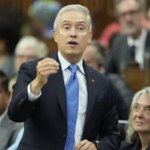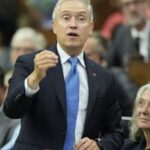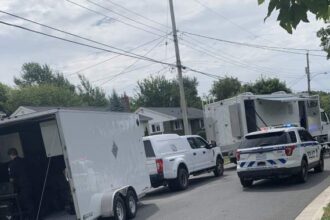In a revealing display of public sentiment, Nanaimo residents have overwhelmingly expressed concerns about their growing tax burden, according to a recent Regional District of Nanaimo (RDN) survey. The feedback, gathered during the district’s financial planning process, paints a stark picture of taxpayer fatigue amidst rising living costs across Vancouver Island.
“The message from our community couldn’t be clearer,” notes Douglas Holmes, Chief Administrative Officer for the RDN. “Residents are feeling the compounding pressures of inflation, increased property assessments, and utility rate hikes. These survey results are a critical temperature check on public sentiment.”
The engagement survey, designed to gather input for the RDN’s 2024-2028 financial planning process, showed that 74% of respondents feel their tax burden has become “excessive” or “very excessive.” This represents a significant increase from similar surveys conducted in previous years, indicating an escalating concern among local taxpayers.
Particularly striking was feedback from fixed-income seniors and young families who reported making difficult financial decisions due to property tax increases. Many respondents shared personal accounts of delaying home repairs, cutting back on essential services, or contemplating relocating to more affordable communities.
“We’re facing a perfect storm of economic pressures,” explains financial analyst Sophia Martinez from the Canadian Taxpayers Federation. “When you combine British Columbia’s housing affordability crisis with increased service delivery costs and inflation, the impact on household budgets becomes severe, especially in mid-sized communities like Nanaimo.”
The survey results come at a critical time as the RDN prepares its budget for the upcoming fiscal year. Board Chair Vanessa Craig acknowledged the feedback, stating: “These findings will directly inform our discussions around service levels, infrastructure investments, and potential tax rates for 2024.”
According to the RDN financial department, the district faces significant challenges balancing essential service delivery with taxpayer capacity. Infrastructure maintenance, expanded transit options, and climate resilience initiatives all require substantial funding at a time when residents are expressing clear financial strain.
Several respondents suggested solutions including more aggressive pursuit of provincial and federal grants, implementing efficiencies in service delivery, and potentially scaling back non-essential programs until economic conditions improve.
“The challenge for municipal governments across Canada isn’t unique to Nanaimo,” notes urban policy expert Dr. James Wilson. “They’re caught between delivering services residents need and respecting the financial limitations of their tax base. The difference here is that the RDN appears to be actively listening to these concerns.”
The RDN Board will review the complete survey findings during their upcoming budget deliberations, with several directors already signaling support for exploring tax relief measures where feasible. This could potentially include phased implementation of certain capital projects, reassessing service levels, or creating specialized relief programs for the most vulnerable residents.
For many Nanaimo taxpayers like retired teacher Margaret Johnson, the situation feels increasingly unsustainable: “I’ve lived here for 32 years and have never considered leaving until now. But when your property taxes increase faster than your pension, you start doing the math on whether you can afford to stay in the home you love.”
As communities across Vancouver Island grapple with similar pressures, the RDN’s approach to addressing these concerns may provide a template for responsive local governance in challenging economic times. The question remains: can regional districts find the delicate balance between essential service delivery and tax affordability that increasingly stressed residents are demanding?










